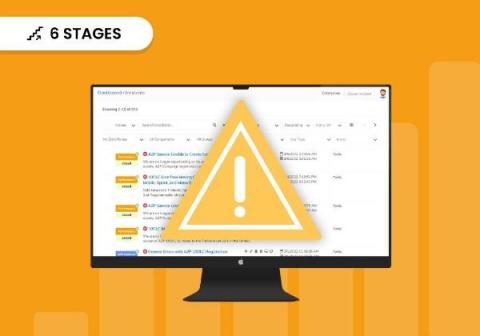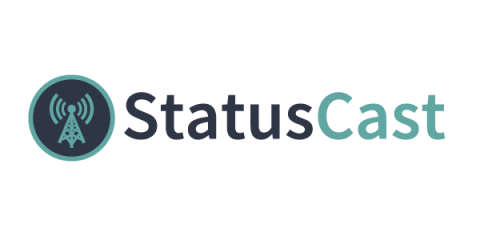What are the new stages of incident management?
Good communication is at the core of any incident management process, empowering stakeholders with the information they need to avoid lost productivity. Delivering the right message through the right channel to the right people across the enterprise is key – if you’re simply firefighting and communicating reactively, stakeholders will likely get frustrated.











